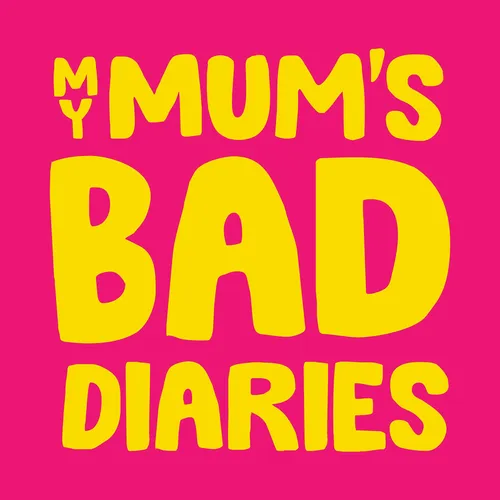SIDE CHAT (erica jong's fear of flying)
- Author
- Jenny Ackland and Lilka May
- Published
- Wed 26 Jul 2023
- Episode Link
- None
** Hey, it's Jenny here. Lily is off on a boat up north so I'm doing the ep description.
This is one of our famous* side chats, which is basically an excision out of the loose, baggy body of the longer recording. Sometimes our episodes are wildly discursive and this was one of them.
Lily starts by saying how much she's loving THE FEAR OF FLYING by Erica Jong, a book I recommended a number of years ago. She remarks on how the larger themes don't tend to change over time, because humans don't change.
She says the main character of FOF is not particularly likeable, but that often when we consider a character unsympathetic, we're reacting to the things we see in them that we dislike about ourselves.
We talk a bit about how in a long-term relationship it's hard to feel like an individual (we touch on this in the other side chat) and Lily asks: How do you retain your sense of self and individuality when everything about how we do relationships is to erode and remove that?
We touch on the (gendered?) fantasy of having a partner where the physical and mental attraction is total and balanced. And Lily has an epiphany about the 'myth of female inadequacy' -- which we've been socialised to believe in, all of us. Jong proposes it's because of the fallibility of the male phallus, the robustness and resilience of the female vagina, and we go CLICK!
I say that FOF is maybe a female answer to Philip Roth's Portnoy's Complaint (FOF published 1973, Portnoy's in 1969). I stumble around about Roth, wondering whether he's been cancelled (he is dead now), but some Googling reminded me what I was thinking of was that a biographer of his was cancelled, and that Roth himself suffered attacks on his reputation from the very beginning, with Jewish leaders calling him 'self-hating' and anti-Semitic, even with the release of his very first book, when he was 26 years old.
And talking about Portnoy's reminds me of John Irving's book The Water-Method Man, which is a hilarious and brilliant novel, from his early oeuvre. (CORRECTION: In the side chat I say Irving's main character's urologist describes his urethra as a 'long and narrow road' and thinking now I'm sure it's 'long and winding road'.)
We spin away from private parts back to Jong, and how the novel is set back in a time where 'genuinely, who you are is who you married and who you birthed' (for women, that is). 'You didn't have to be a person, you could just fill that role but now we're deconstructed into so many roles, there's so much expectation now on working out what it means to be a woman.'
Then we get into more general literary pronouncements. Are old books better? Do we need to be reading books from the past, they do seem... better. Have contemporary writers lost the ability to write to the 'greater themes' or is it about commercial realities and change and shift?
L: Literature came about -- if we think of storytelling -- as a way to say something about those wider concepts using character and story and plot and I think that's really changed.
I think I agree with her. Is there now pressure on writers to be entertaining? To avoid the bleak? The larger questions which may be dark? Which are dark? Is the growth of genre squeezing 'literary-literature' so it has to become a kind of genre to compete?
We talk about the recent listing of Stephen Sondheim's Turtle Bay townhouse in Manhattan, then get side-tracked into Olsen twins, Jonas Brothers, which is probably a good place to end.
Links:
- scandal around Philip Roth biographer in 2021
We'd love to read your comments or questions! Send us a text!
